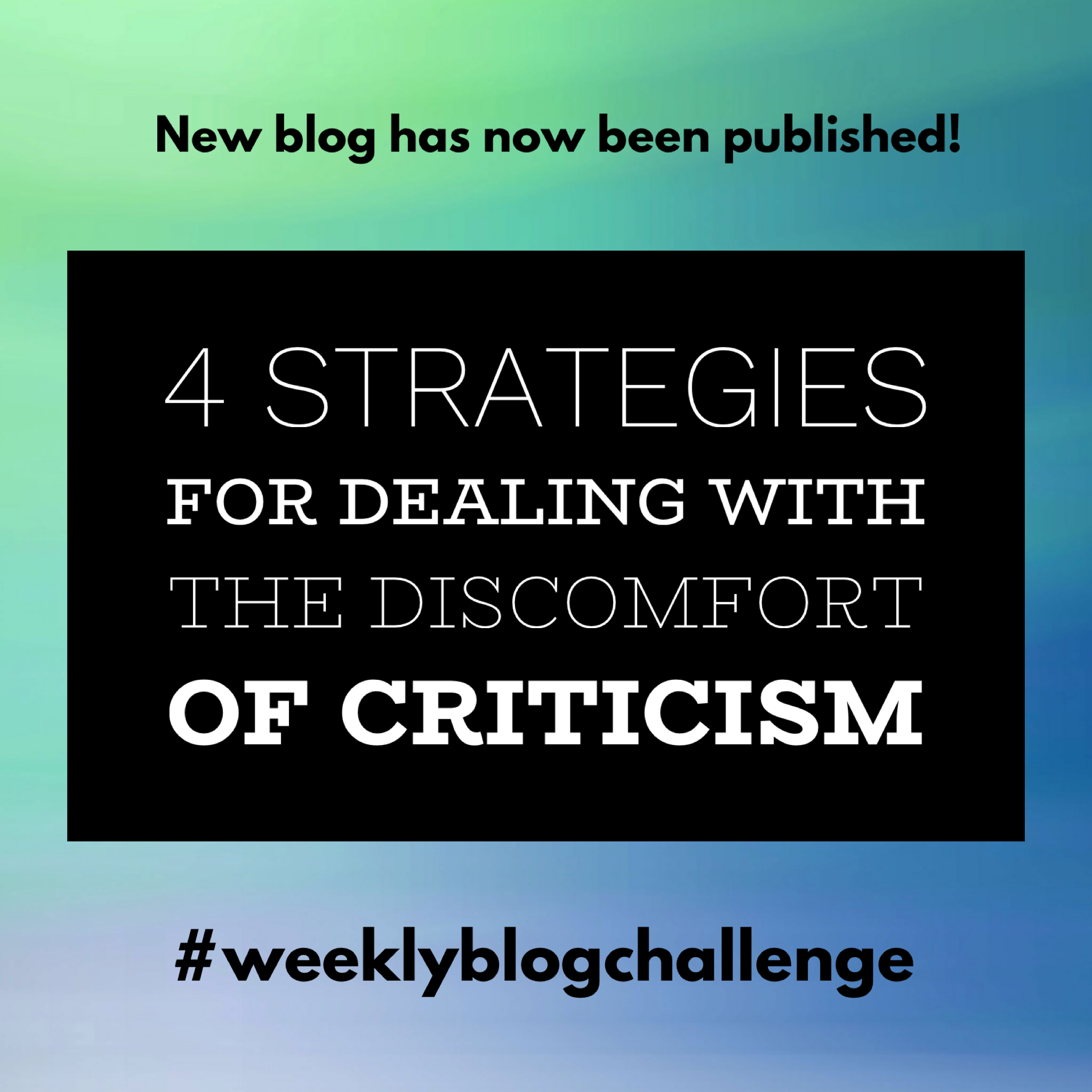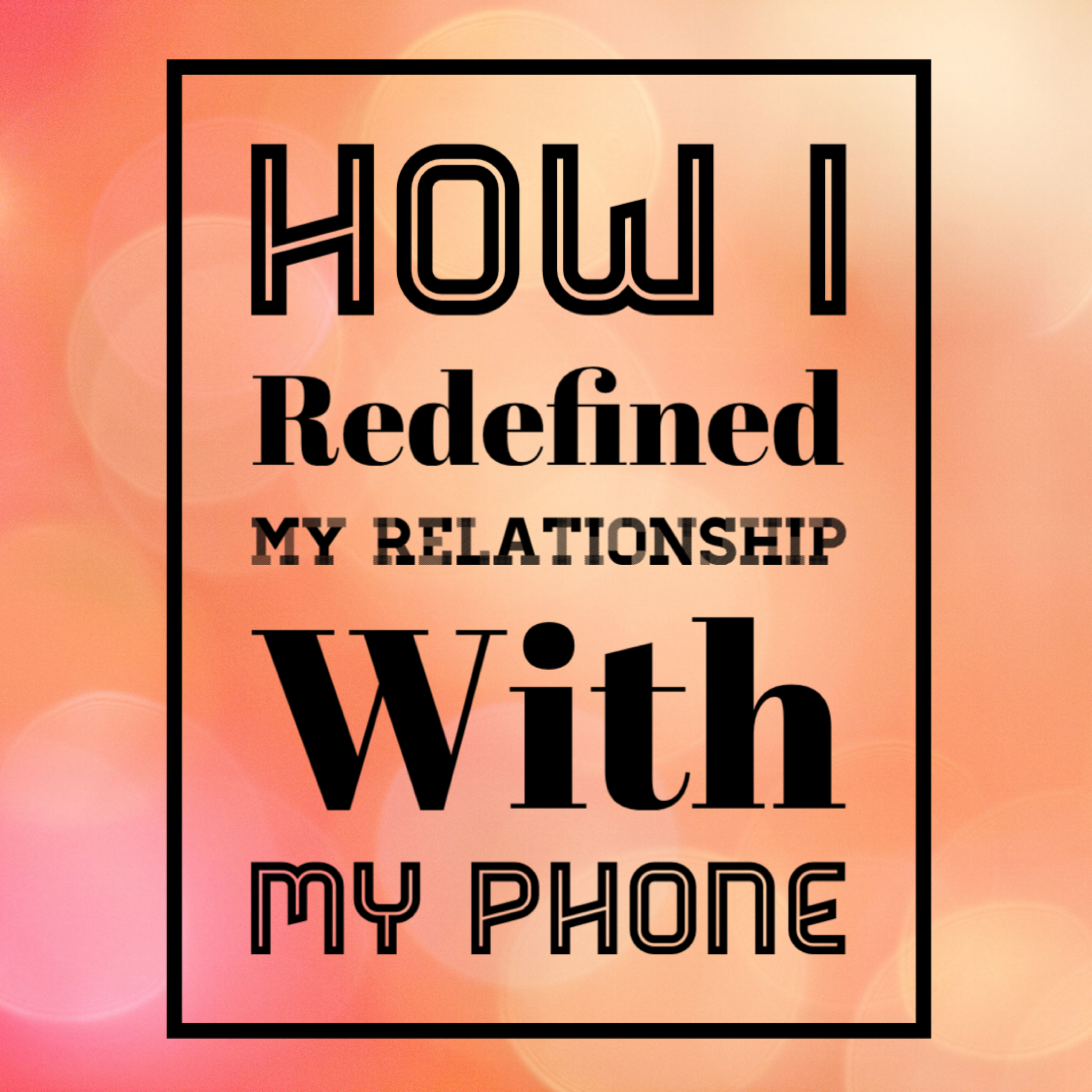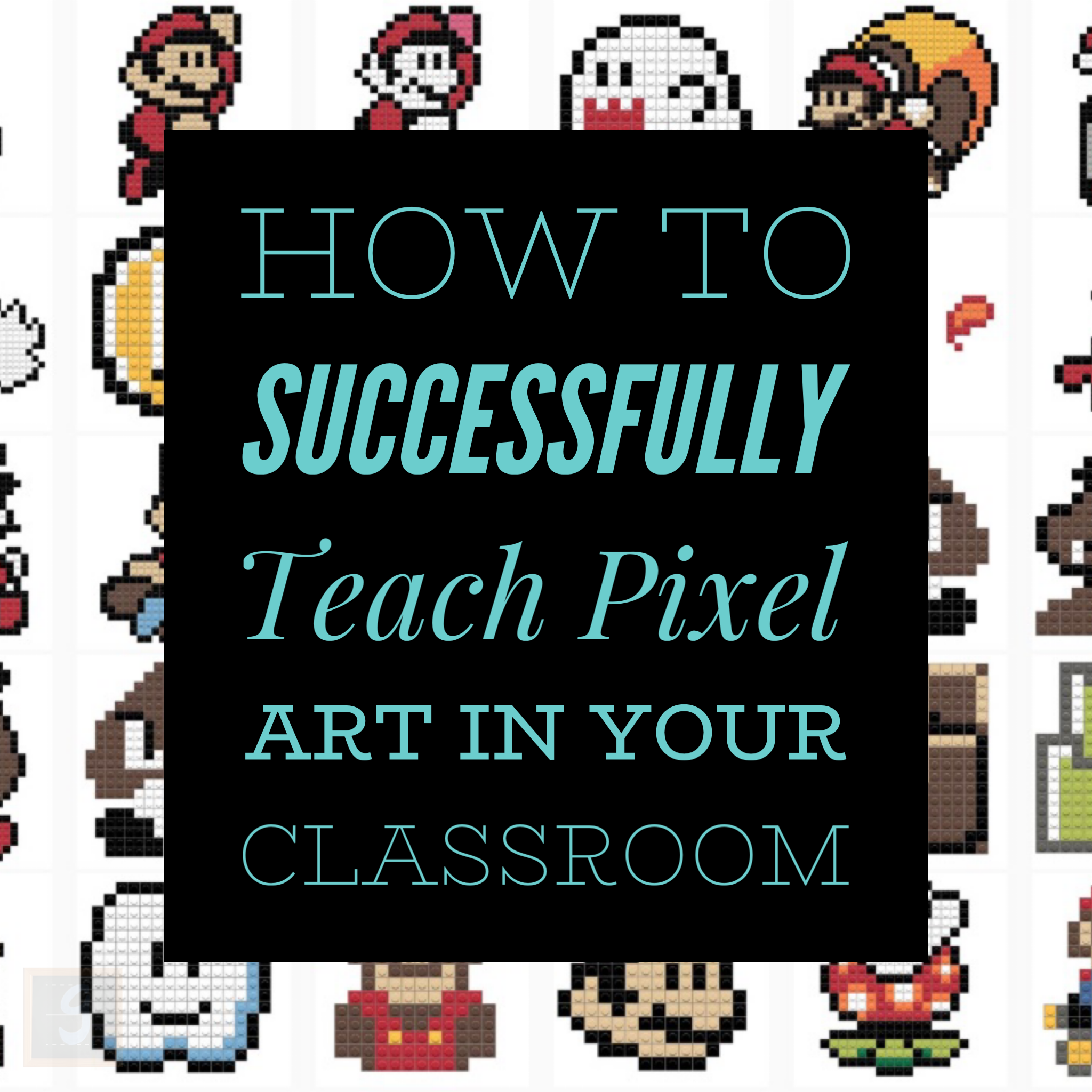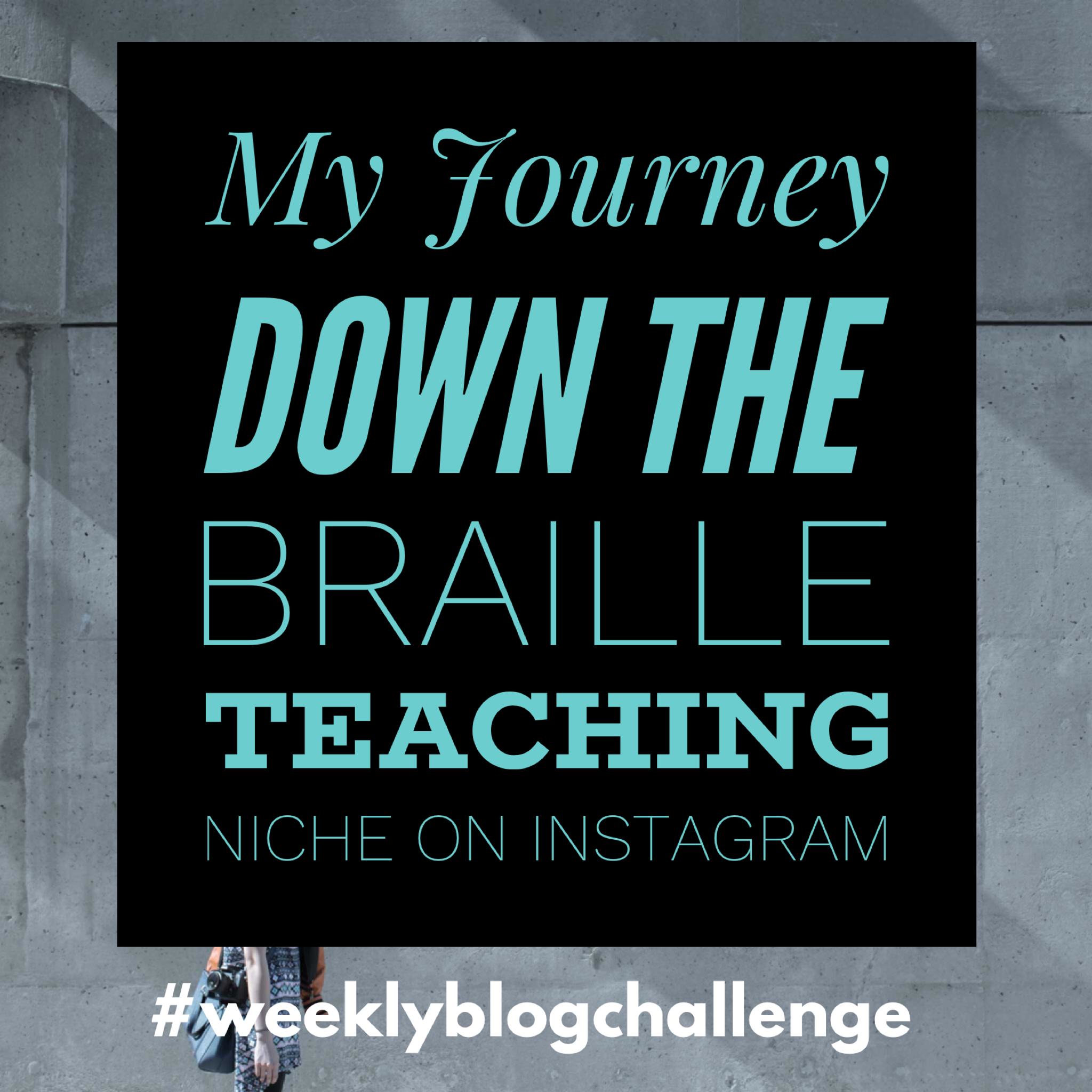Criticism.
What an awful word!
Dealing with the discomfort that comes with criticism is something that every teacher must learn to deal with in their own way. This year I have become much better at dealing with criticism. I attribute this progress to two goals I set my self at the start of 2019.
Mastering the use of social media on multiple platforms
Challenging myself to write a blog once a week
These two goals forced me to develop additional strategies to effectively deal with criticism. If you want to be successful at something, then you need to become very comfortable with the idea that not everyone is going to like you. So here are some ideas for what you can do about dealing with the discomfort that comes with criticism.
Teaching isn’t a Popularity Contest
As teachers we have to make some pretty hard decisions that admin, fellow teachers, parents and students are going to hate. Common sources of criticism can come from:
Following up with parents about their child’s low attendance
Giving honest feedback to a parent about their child’s behaviour, especially if they are in denial about how bad things are
Explaining to an irate parent why their child got a low mark
Speaking with admin or a fellow teacher about the direction of the school
Making a report about a suspected occupational health and safety concern
Lodging a police report against a child who physically assaulted you
I could make a 10 page list of all the tough choices we have to make as educators.
Here is my strategy, accept the fact that criticism is part of teaching. I have never met a teacher or principal who wasn’t criticised as a result of doing their job. We will all be criticised at some point in our careers. So if we cannot eliminate criticism then we need to change our mindset, which is the reason why I wrote this blog.
If you’ve never gotten on the bad side of someone at least once as a teacher, then are you even doing your job?
The $86,400 Question
We all have 86,400 seconds in one day, no more, no less.
How many times have you allowed a negative ten second interaction, such as reading a hostile email or receiving a nasty comment, to affect the rest of your day? I know I have been guilty of this on more than one occasion, but the good news is that you can get better at it.
You need to consider an economic term called opportunity cost when deciding if a negative comment should affect the rest of your day. Opportunity cost is defined as the loss of other alternatives as a result of making a choice. Think about these two points next time you’re grappling with a negative interaction:
Did you waste your time and energy thinking about a particular incident?
Did you let this negative interaction affect the time that you spend with your family?
One of the things that helps me move on from unwarranted criticism is this. I like to imagine what else I could put my time into instead of worrying about the inconsequential opinion of someone else. We can always earn more money if we lose it all, we can always get fitter if we want to; however, we cannot get back our time.
Spending an excessive amount of time on the negativity of someone, who is most likely an a**hole, is a choice and a massive waste of time. The simple fact is that I REFUSE to pass on these emotions to my family.
At the end of the day, it is a CHOICE whether you decide to take on the negative emotions that someone else is giving off.
Losers Focus on Winners, Winners Focus on Winning
I recently came across this quote and it’s easily become one of my top three favourite quotes of all time.
If someone, let’s say a teaching colleague or a stranger, is criticising your ability as a teacher, you need to think about whether their opinion matters. You need to think about what they’ve done throughout their career/life. Here are four questions to ask yourself in this situation:
Do they complain but never offer solutions?
Have they played things safe their whole life?
Have they never taken a risk or done something unique in their teaching career?
Have they taken the risk, failed and then become bitter about the whole learning experience?
If you’ve answered yes to these questions, then chances are you have someone who is a loser and guess what losers do? Losers focus on winners.
I’ve been criticised quite a few times since publishing my blogs as part of my #weeklyblogchallenge. You’d be surprised at how many people cannot have a civil debate on social media without resorting to nastiness or ad hominem attacks! When I receive criticism from someone on the internet, I check out the critic’s social media profile and evaluate them against the four dot points above.
And guess what happens most of the time?
“People see what they want to see and what people want to see never has anything to do with the truth.”
Credit @LUTHEGOLDEN
Embrace Failure
Based from my previous strategies, you can be forgiven for thinking that I might use these as a crutch for not changing the worst aspects of my character. One thing I’ve learnt from teaching is to openly embrace your failures, especially when you’ve been provided with feedback by a critical friend or a critical stranger.
If you’ve read through some of my previous blogs like, ‘How to Use YouTube Safely in Your Classroom’ and ‘Why the Result I Received for my Level 3 Portfolio is Questionable’, then you’ll know that I’ve made my fair share of mistakes. Failing to pass the first phase of the Level Three Classroom Teacher accreditation process is a pretty big failure but in failure lie the lessons for future success. So I decided to publish my mistakes on the internet. By taking this step, I received the necessary feedback about my level three portfolio and went from ‘Bitter to Better’.
I didn’t let my mistake with using YouTube in the classroom fester into an experience that I wanted to keep locked away, like the proverbial skeleton in the closet. Instead I looked into additional resources with how to use YouTube safely and I came up with an even better procedure for showing videos in the classroom.
Time and reflection = learning from mistakes.
Final Thoughts
The discomfort of criticism is something we all must learn to deal with in our own way. It’s important to keep in mind who is critiquing you next time you are faced with criticism e.g. I’d place a much higher value on criticism from Jennifer Gonzalez, the ‘head teacher nerd’ from Cult of Pedagogy than the criticism of Joe Bloggs who thinks education is ‘stuffed’.
There is nothing worse than wasting time thinking about the negative opinions that others have about you. If you truly place a high enough value on your time, then you won’t allow the discomfort of criticism to cloud the majority of your day. Your time is valuable and there are so many other important things you could be doing instead of focusing your energy on what other people think about you.
IF YOU THINK THIS WEBSITE IS AWESOME THEN PLEASE ...
Bookmark this page.
Follow us on Instagram | @griffin_edu
Like and follow us on Facebook | @griffineducationenterprises
Follow us on Twitter | @Griffin_Edu
Follow us on Pinterest | Griffin Education Enterprises
Join our mailing list down below.
Consider supporting us on Patreon.
And most importantly, share this website with other educators!














Concerned about what precautions you should take to protect your professional image? Then read this blog to find out how.